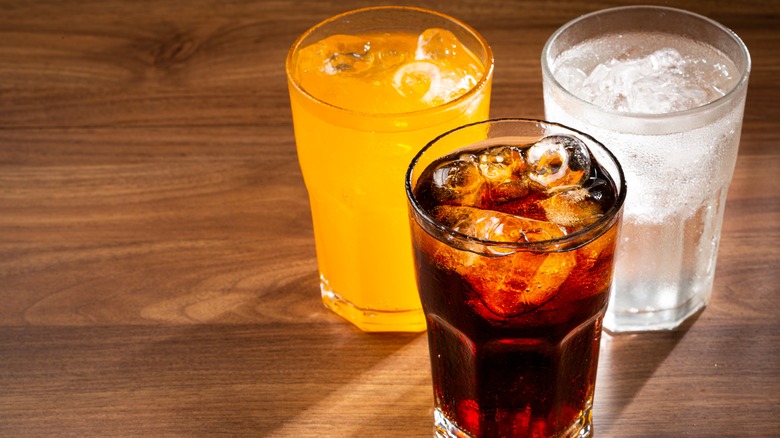Can You Drink Water While Fasting?
Fasting is something that people have been doing for centuries, either for religious reasons, to prepare for a medical procedure, or for weight loss. When you fast, you avoid eating any food for a set period of time, usually a number of hours or a few days. You can opt for a few different types of fasting, such as fully abstaining from eating or engaging in an intermittent fast. In the case of an intermittent fast, you eat on an on-and-off schedule, such as eating within a window of eight to 12 hours and abstaining for the remaining hours of the day.
The practice of fasting can lead to several health benefits, including decreasing blood sugar levels, as evidenced by a 2017 study in the World Journal of Diabetes. According to that study, people who suffered from type 2 diabetes experienced decreased blood sugar levels following intermittent fasting. In addition, a 2020 study published in Metabolism demonstrated how intermittent fasting could reduce cholesterol levels and other risk factors for heart disease in people with obesity.
However, people who decide to try fasting sometimes wonder if this means totally abstaining from ingesting anything, even water. Although during a fast you cannot ingest food, you can, and should, continue drinking water. Staying hydrated is important, as the lack of calories from food can cause dehydration, throw off your body's electrolytes, and cause constipation. You can also add other clear liquids to your diet, such as tea, black coffee, and clear broth.
You can't drink just anything, though
Being able to add liquids to your diet during a fast does not mean that you can just reach for any drink in the fridge, according to Healthline. Certain drinks have calories and sugars that will negate the effects of your fast entirely. While drinks like water, black coffee, or tea are acceptable, beverages such as sodas, energy drinks, sports drinks, and alcohol should be avoided entirely. You should also avoid milk, as it contains lactose, a natural sugar. This also goes for variations such as almond or oat milk. While unsweetened versions of these milks are low in sugars, they also have carbohydrates. Carbohydrates can trigger a metabolic response, thereby breaking your fast.
However, if you're fasting in preparation for a procedure, you sometimes can drink certain fruit juices, provided they are free of pulp. In other fasting cases, however, they should be passed on due to the calories and sugars that are present.
If you're undertaking a juice fast, in which you only drink pressed fruits and vegetables for a select period of time, then you can indulge in fruit juices. However, you still have to be careful of excess sugar intake, so it's a good idea to observe a three-to-one ratio of fruits to vegetables when juicing.
When you might abstain from drinking water while fasting
However, there are certain cases in which you might abstain from water while fasting. These include a dry fast, which is typically done for religious purposes. During a dry fast, you refrain from any kind of food or drink, including water. Before you try this kind of fast, you should consult with your doctor to avoid any complications. The other instance in which you would avoid water during a fast is if you are preparing for a medical procedure. General anesthesia will prevent a patient from performing reflexive actions, and the presence of liquids in the body could cause vomiting. If you are about to undergo a procedure, talk to your doctor beforehand about the expectations around fasting.
Finally, before you decide to undertake any type of fast, you should take into account your nutrition needs and your overall health. Pregnant or breastfeeding women should definitely avoid fasting, as should children and teenagers. In addition, Cleveland Clinic notes that people who have diabetes, kidney disease, or a history of eating disorders should abstain from fasting. Ideally, before you decide to fast, you should consult a healthcare professional to make sure you get the best possible results while still remaining healthy and safe.



